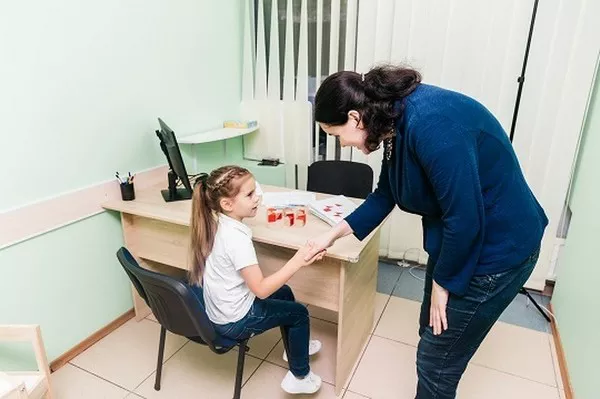In response to a concerning surge in bipolar cases in Cebu City, the Barangay Behavioral Health Unit (BBHU) has initiated a specialized bipolar support group in Barangay Lahug. Manuel Pocholo de los Santos, the program director of BBHU, revealed in an interview that the noticeable increase in bipolar cases prompted the establishment of a support group tailored to address the needs of individuals diagnosed with bipolar disorder.
The support group, launched on Tuesday, will conduct regular sessions exclusively for those diagnosed with bipolar disorder. De los Santos emphasized that acceptance into the group is contingent on a “comorbidity” scenario, indicating a dual diagnosis. As an example, he cited addiction as a condition that could coexist with bipolar disorder.
Since the inception of BBHU, the organization has witnessed a significant influx of bipolar cases. De los Santos noted the progression from anxiety, depression, and paranoia during the COVID-19 pandemic to a substantial number of cases presenting with bipolar symptoms. Unfortunately, many individuals initially identified their condition as depression, only discovering their bipolar diagnosis during sessions with BBHU. In Barangay Lahug alone, an estimated 20 cases of bipolar disorder have been recorded.
De los Santos, who is also actively involved in a psychiatric facility in Cebu, expressed deep concern about the alarming rise in bipolar cases, attributing it, in part, to contemporary dietary habits. He suggested a shift from organic to less organic food intake in the current generation, emphasizing the prevalence of pesticides in fruits and vegetables, contributing to the accelerated growth of produce for commercial purposes.
In an effort to address these mental health concerns at the grassroots level, BBHU aims to raise awareness through its programs. Individuals seeking sessions can schedule appointments through the Lahug Barangay Hall, with the sessions provided free of charge.
Yearlong Disease Surveillance Implemented in Response to Climate Change
Dr. Eugenia Mercedes Cañal, from the Regional Epidemiology and Surveillance Unit, highlighted the shift to yearlong disease surveillance due to climate change during the Open Line Media Forum on MyTV Cebu. Cañal explained that diseases, including flu and dengue, are now monitored throughout the year, influenced by the changing climate patterns.
As the holiday season approaches, Cañal cautioned about an increased risk of food and water-borne diseases, emphasizing the importance of proper food handling to prevent contamination. She advised individuals to check labels, ensure ingredients are fresh, and cautioned against consuming expired items.
Cañal encouraged a balanced approach to holiday festivities, urging moderation in eating and drinking. While she noted no reported cases of walking pneumonia in the region, she clarified that the illness is not considered alarming, typically manifesting with low-grade fever and a non-productive cough over a two-week period.


























